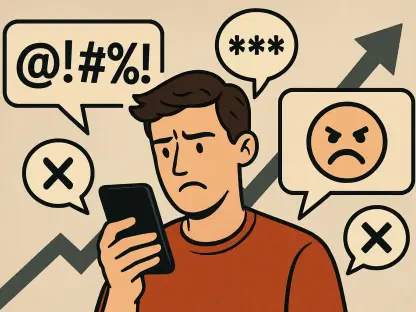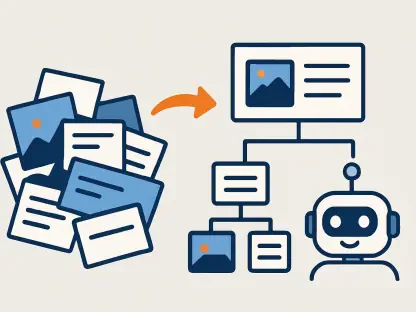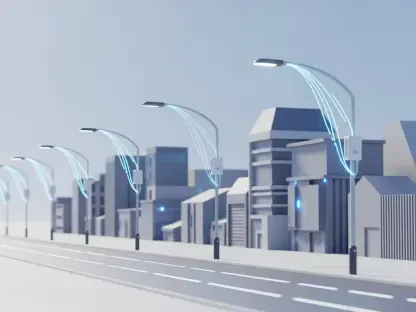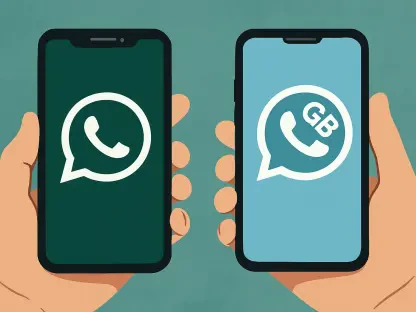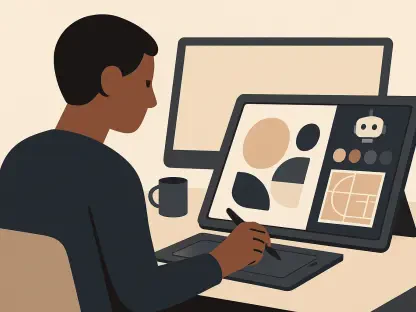In a significant development, various parts of Karachi and Hyderabad experienced widespread disruptions in cellular services, leading to a wave of frustration among residents. The Pakistan Telecommunication Authority (PTA) and major cellular companies have yet to issue any official statements, leaving the cause of the blackout shrouded in mystery. Speculation is rife that this disruption could be a security measure in response to a recent clash that occurred in the Golimar area of Karachi. Although details remain vague, the sudden loss of mobile connectivity has induced considerable inconvenience, affecting not just personal communication but also business operations.
Residents are particularly aggrieved by the abrupt outage, which has had far-reaching implications on daily life. Mobile services are integral to modern-day activities, and their absence is acutely felt. The blackout has disrupted various aspects of life, from making everyday errands to conducting business transactions. The situation has reignited discussions about the critical role that mobile connectivity plays in contemporary society. Public sentiment is palpable, with many eagerly awaiting clarifications from authorities and service providers. The disruption underlines a broader, often unspoken dependence on mobile networks, magnifying the friction when services suddenly fail.
Speculated Security Measures
Although no official explanations have been offered, many believe the blackout is part of a security response to manage unrest. The recent clash in the Golimar area and other similar incidents across Karachi have intensified the sense of volatility and unease. Security forces may have decided to cut off mobile services as a preemptive measure to prevent the escalation of violence or dissemination of misinformation. While such measures are sometimes necessary to maintain public order, they also come at a high social and economic cost.
Moreover, this is not an isolated instance. Similar disruptions have been reported across the country, with authorities resorting to communication blackouts to manage crises. For instance, a nationwide shutter-down strike by Jamaat-e-Islami has led to additional interruptions. Incidents such as the killing of 23 passengers in Balochistan’s Musakhail District have also prompted stringent security measures, including suspending mobile services. These actions underscore a growing trend of leveraging communication blackouts to manage public unrest, reflecting a balance that authorities must strike between maintaining order and ensuring the citizens’ right to communicate.
Public Reaction and Future Implications
Recently, widespread disruptions in cellular services hit various parts of Karachi and Hyderabad, sparking frustration among residents. Neither the Pakistan Telecommunication Authority (PTA) nor major cellular companies have released official statements, leaving the cause of the blackout unclear. There is speculation that this disruption may be a security response to a recent clash in Karachi’s Golimar area, though details remain scant. The sudden loss of mobile connectivity has caused significant inconvenience, impacting both personal communication and business operations.
Residents are particularly upset by the abrupt outage, which has affected daily life. Mobile services are essential in today’s world, and their absence is keenly felt. The blackout has disrupted everyday activities, from running errands to conducting business transactions. This situation has reignited discussions about the critical role mobile connectivity plays in modern society. Public sentiment is strong, with many eagerly awaiting explanations from authorities and service providers. The disruption highlights our often-unspoken reliance on mobile networks, making the impact of such outages even more pronounced.



